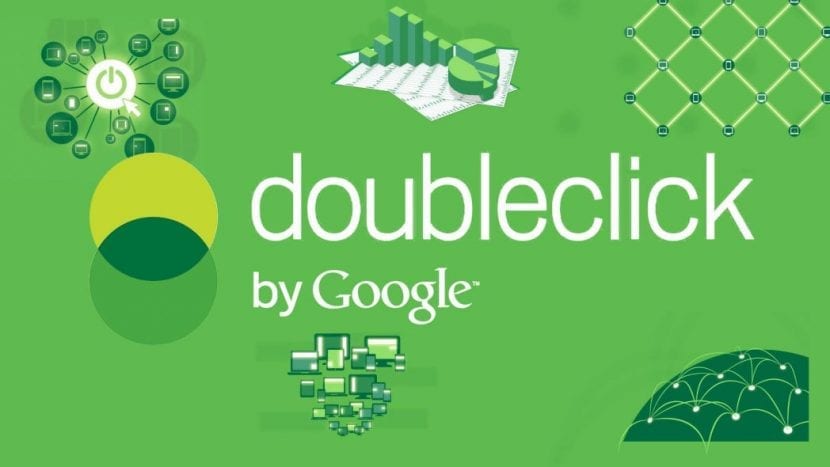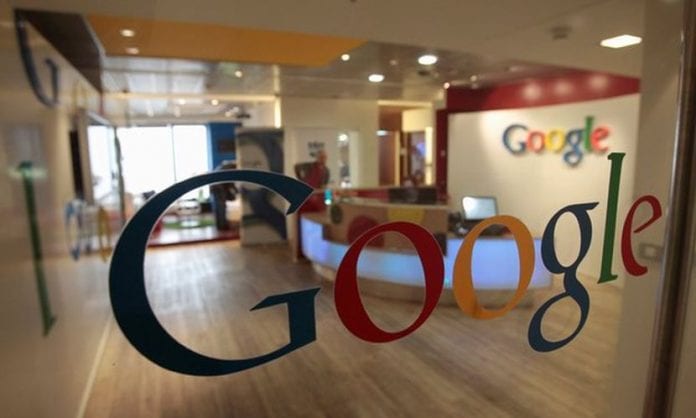The search giant on the Internet, Google, has updated its privacy policy to ensure protection of its users’ personal information. A provision on the technology firm’s privacy statement had been ruled out. In this statement, Google promises not to integrate cookies on personal information without approval from each user.
Ever since Google had changed its method of tracking its users, their personal information on their account had been incorporated with the company’s search records on the Internet.
ProPublica, a non-profit news agency, had conducted a study on Google’s changes in its privacy statement. They research explained that the search engine had promised primarily to keep the two sets of data as separate entities so as to protect user’s information. However, it had update its policies so that it deleted the statement that supports this promise. They used to state that they would ask for user’s consent before the combine cookie data with personally identifiable information.
Google had slightly been scrutinized because of this turnaround. In the media, reports had been centered on Google’s tools that enable users to watch and maintain advertisements rather than the new influence that Google had acquired.
DoubleClick is actually an online advertising company acquired by Google. This company employs the cookies to monitor surfing people’s surfing behavior through their IP address. This mechanism allows the company to point their ads to the right target. With cookie information, DoubleClick can predict the surfing habit in one’s location. However, it is unable to determine one’s identity.

Meanwhile, Google had all the names, email and other information in their search data.
Many organizations of Google’s users had filed a complaint against the company to the Federal Trade Commission during this acquisition. They contest that their privacy had been violated by this provision change in Google’s privacy statement.
Sergey Brin, on behalf of Google, guarantees the complainants that they are being very watchful of people’s personal information. Data security is their primary concern when it comes to advertising.
Another disputed update on its privacy policy was made by Google in the year 2012. This update permits the company to share user’s data within a variety of Google’s services. DoubleClick, however, had been kept away.
The practical implication of this move is that Google can already make up ample information on people’s online habits. Additionally, DoubleClick advertisements can be embodied according to the keywords that a person uses on his or her Gmail.
Google, however, attested that the change is only voluntary. It is also intended to provide users with greater control of their data. Besides, Google is not the only online firm which tracks people in this method. Many other websites, including Facebook, are doing the same.
Users have the ability to elect or refuse these changes. They can access their “My Account” settings to opt-out of this feature.









